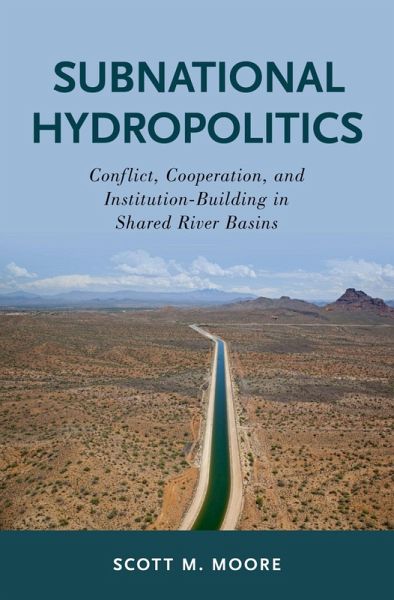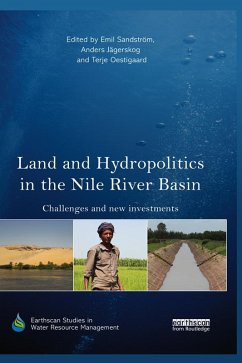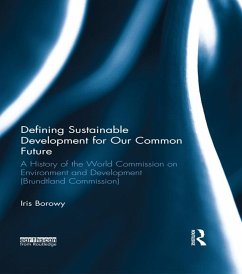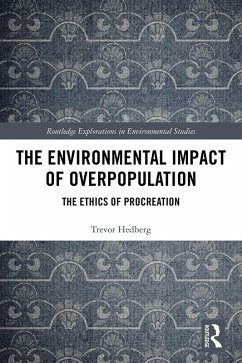
Subnational Hydropolitics (eBook, PDF)
Conflict, Cooperation, and Institution-Building in Shared River Basins

PAYBACK Punkte
28 °P sammeln!
The prospect of international conflict over water has long been the subject of academic and popular concern, but subnational political conflict is considerably more common, and almost certainly imposes greater economic and environmental costs. Indeed, subnational hydropolitics are an important feature of several large countries, including the United States, India, and China. Moreover, disputes between water users in shared river basins have often persisted despite repeated attempts by central governments to resolve them through both persuasion and coercion. Yet despite the growing threat of wa...
The prospect of international conflict over water has long been the subject of academic and popular concern, but subnational political conflict is considerably more common, and almost certainly imposes greater economic and environmental costs. Indeed, subnational hydropolitics are an important feature of several large countries, including the United States, India, and China. Moreover, disputes between water users in shared river basins have often persisted despite repeated attempts by central governments to resolve them through both persuasion and coercion. Yet despite the growing threat of water scarcity around the world, little research exists on sub-national politics of shared water resources. This book attempts to fill the gap by explaining how and why hydropolitics play out within countries, as well as between them. Subnational Hydropolitics re-examines the issue of water conflict by examining conflicts at the subnational rather than international level. By examining several in-depth case studies of both conflict and cooperation, Scott Moore argues that increasing sub-national water conflict is driven by two inter-linked forces, identity politics, which gives subnational politicians a reason to compete over shared water resources; and political decentralization, which provides them with the tools to do so. To understand politics at the subnational level, the book blends insights from both the environmental governance and comparative politics literatures. By examining the challenges many countries face in achieving cooperation over shared water resources, the book helps to shed light on different mechanisms and processes for solving cooperation problems at the regional scale lessons relevant to tackling a wide range of transboundary environmental problems, including air pollution, urbanization, and ecosystem protection. But at its core, this book promises a definitive contribution to the growing sub-field of environmental politics, centered on understanding how different countries attempt to solve the problems inherent in governing water resources in shared river basins.
Dieser Download kann aus rechtlichen Gründen nur mit Rechnungsadresse in A, B, BG, CY, CZ, D, DK, EW, E, FIN, F, GR, HR, H, IRL, I, LT, L, LR, M, NL, PL, P, R, S, SLO, SK ausgeliefert werden.













